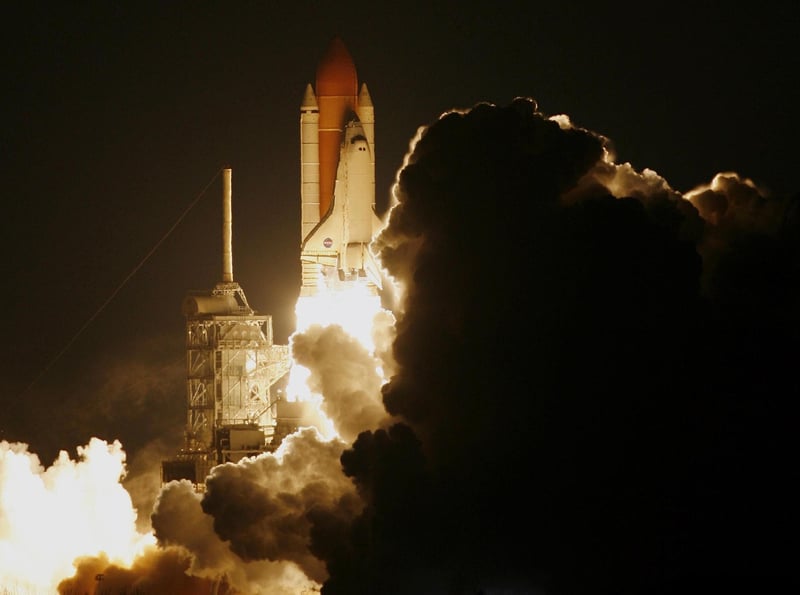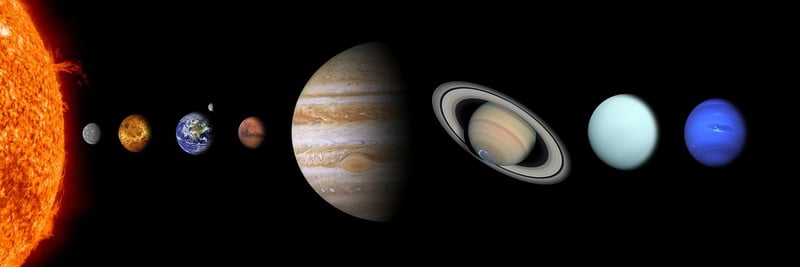Future Exploration
Exploring Different Eras and Future Exploration
Introduction
Embark on a journey through time as we delve into the exploration of different eras and the exciting prospects of future exploration. From ancient civilizations to space exploration, humans have always been driven by curiosity to discover new frontiers.
Ancient Era
The ancient era was a time of great exploration as civilizations like the Egyptians, Greeks, and Romans ventured into unknown territories. From the construction of the pyramids to the voyages of ancient mariners, this era laid the foundation for future exploration.

Medieval Era
During the medieval era, explorers like Marco Polo and Ibn Battuta traveled vast distances, opening up trade routes and connecting different cultures. The Age of Discovery further pushed the boundaries of exploration, leading to the discovery of new lands and the exchange of knowledge.

Modern Era
The modern era saw expeditions to the poles, the depths of the ocean, and even outer space. Explorers like Jacques Cousteau and Neil Armstrong inspired generations with their daring feats, showcasing the indomitable spirit of exploration.

Future Exploration
As we look to the future, the possibilities for exploration are endless. From Mars colonization to deep-sea exploration, humanity is on the cusp of new and exciting discoveries. Advancements in technology, such as AI and robotics, are revolutionizing how we explore the unknown.

Conclusion
Exploration is an integral part of human nature, driving us to push the boundaries of what is possible. By learning from the past and embracing the future, we can continue to explore, discover, and expand our horizons.
Join us on this incredible journey of exploration as we uncover the mysteries of the past and pave the way for future discoveries.
